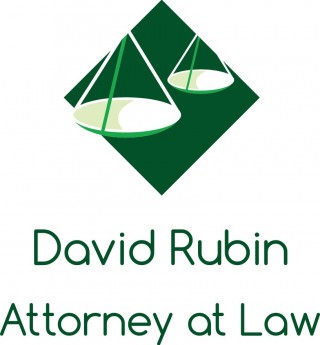People often ask me, “What is family law?” “Family law” in California usually refers to legal proceedings in family court. Every California county has a family court. Although the family court in some counties may be in the same building as the other courts, its functioning and procedures are somewhat distinct. Generally speaking, the lawsuits held in family court include divorce, legal separation, parentage, domestic violence, and child support. In practice, such proceedings are somewhat broader than they may sound from that basic description. For example, if you’re divorced and you still have minor children with your ex-spouse, then you may need to go back to family court to modify your child custody and visitation and/or child support arrangements. And if you have a child or children with someone who was never your spouse, then you also may need to go to family court to establish or modify your child custody and visitation and/or child support arrangements. So-called parentage actions, among other things, can be used to establish who exactly the parents of a child are in cases where there are serious questions about that. Finally, it’s important to be aware that “domestic violence,” as treated by California family law, includes all types of harassment, abuse, stalking, etc. between close family members, people who live or used to live together, and people who are or were involved in a dating or engagement relationship.
Certain other issues involving minors are also governed by the California Family Code, although they are not always heard in family court. These include adoptions, termination of parental rights, and emancipation of minors.
“Guardianship” of children is when a court officially designates an adult who is not the parent of a child to be the official caregiver and provider for that child and/or the child’s property. Guardianship cases in California are governed by the California Probate Code, and are commonly handled in probate court rather than family court. However, because the issues involved are similar to those in family law cases, and because guardianship cases often tie in to family law cases such as parentage and adoption, many family lawyers take guardianship cases as well.
If you or somebody you know has an issue that seems to fit any one of the above general descriptions, then there’s a chance you or that person may end up in family court. Family court proceedings are often very stressful and costly for the parties involved, but they don’t have to be that way. Aggressive litigation is necessary in certain situations, but in most it’s best to make well-guided efforts to settle the issues with the opposing party outside of court. Either way, an experienced family lawyer can provide crucial services to resolve the legal problems and move on with your life.
Thanks for visiting my site.
David Rubin
